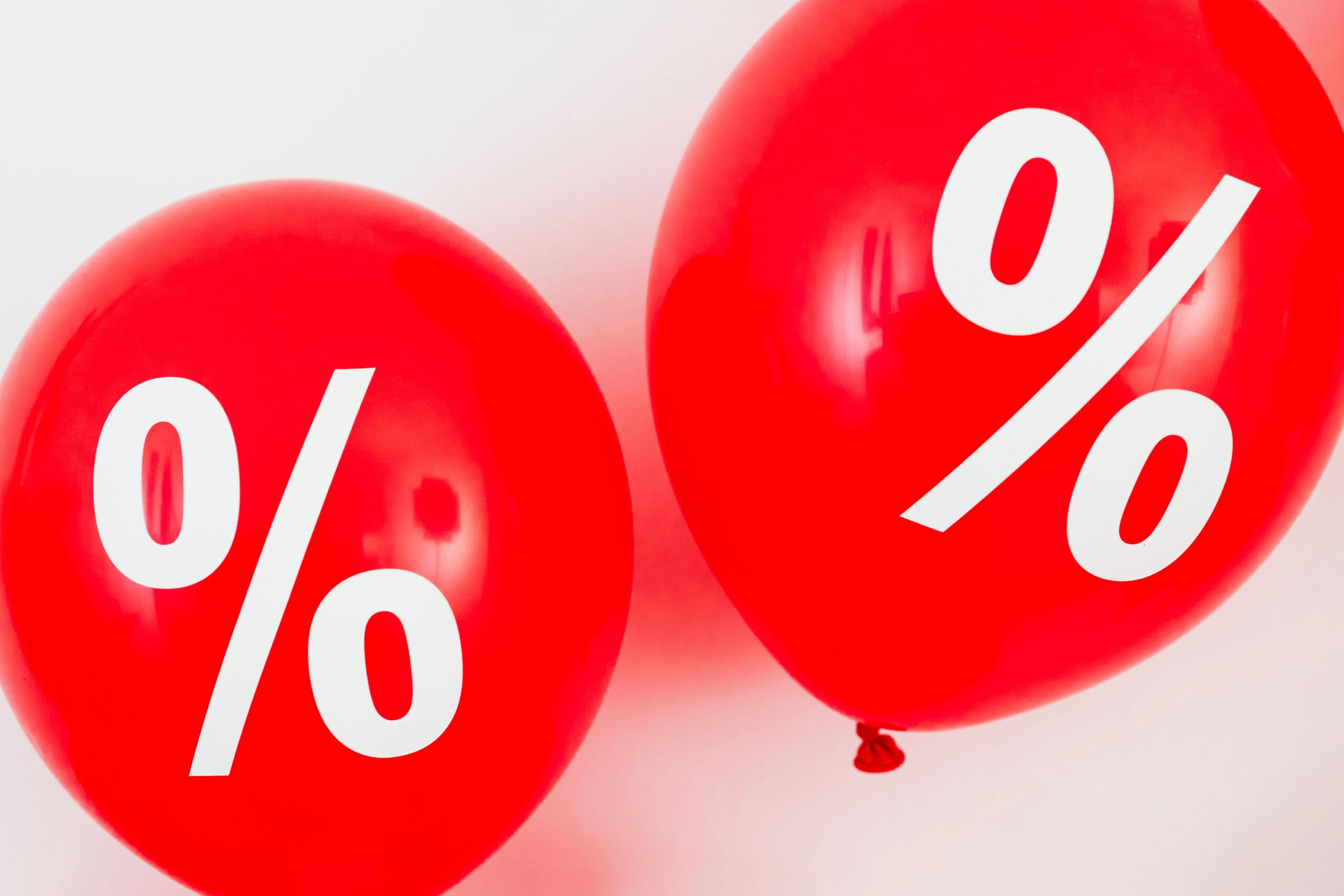
When you’re considering what to do with your rental property, it can be tempting to sell, especially if the market is hot. But before you make a move, it’s worth taking a moment to think about the long-term picture. Selling may give you a quick cash boost, but holding onto a rental property – especially one with a low-interest mortgage – might just be a smarter choice. Here’s why.
1. Keep Building Wealth Over Time
One of the best reasons to keep your rental property is the potential for building long-term wealth. With a low-interest mortgage, you’re paying less in interest, which means more of your rent income is going toward building equity in the property. Over time, as you pay down the mortgage and property values go up, your equity grows. You could be sitting on a much more valuable asset than you realize.
If you sell, however, you’re forgoing this future growth. Sure, you get cash now, but you miss out on compounding wealth and equity buildup. And don’t forget, you’ll need to find a replacement investment that may not be as good as the one you’re already sitting on.
2. Consistent Cash Flow is a Win
When you have a low-interest rate mortgage, your monthly payments are more predictable and manageable. This gives you consistent cash flow that can help cover property expenses, maintenance, and more. With steady cash flow coming in, you’re able to reinvest in your property, save for future goals, or even use the extra income to diversify your investments. The best part? You don’t have to worry about the uncertainty of selling and finding another profitable investment.
Without a higher interest rate mortgage hanging over you, it’s easier to weather fluctuations in rental rates or market conditions.
3. Rental Pricing Flexibility
When you hold onto your property, you have the flexibility to adjust rental rates as market conditions change. Whether rents go up with inflation or demand increases in your area, you can raise your rental prices to match. This gives you the ability to maximize your cash flow without worrying about increasing mortgage payments—since your mortgage rate is locked in.
If you sell, though, you lose that flexibility. You might get a nice cash payout, but you also miss out on ongoing rental income. And finding another property that generates a similar rental yield could be a challenge, especially if interest rates are higher.
4. Tax Benefits You Don’t Want to Miss
Owning rental property comes with tax perks that can really add up over time. Mortgage interest, property taxes, and operating expenses are all deductible, which helps lower your taxable income. Plus, you can take advantage of depreciation, which means you can write off a portion of your property’s value each year.
If you sell, you’ll likely face capital gains taxes on any profit you made. It could be a nice lump sum, but it might not be worth it when you factor in the taxes and the loss of those ongoing tax benefits from owning.
5. Hedge Against Inflation and Market Volatility
Real estate is a great hedge against inflation. As inflation increases, so do rents, and the value of your property generally appreciates. Meanwhile, your mortgage payment stays the same, which means you’re protected from rising costs. This makes rental property a solid way to shield yourself from economic uncertainty.
Selling your property means giving up this protection, and finding another investment that provides the same hedge could be tough. If you’re trying to reinvest your sale proceeds, the market might not offer as many good opportunities, and you could be taking on more risk.
6. Appreciation is Still in Your Corner
Real estate typically appreciates over time. Even if the market dips in the short term, property values tend to rise over the long run. Holding onto your rental property means you’re positioning yourself to benefit from this growth, which could significantly increase your investment’s value over time.
If you sell now, you miss out on the chance to capitalize on that long-term appreciation. And finding another investment with similar growth potential may be harder than you think—especially as you’ll be competing in a market with higher interest rates.
7. What’s Your Next Investment?
Let’s be real: If you decide to sell, you’ll need to find a replacement investment. Sure, you get a big chunk of cash upfront, but the question is: What’s your next move? In today’s market, finding an investment with comparable returns, stability, and growth potential can be tough. Real estate isn’t perfect, but it’s been a solid performer over the years.
Trying to replace your rental property with a new investment that performs just as well could be a bigger challenge than you think. With your low-interest rental property, you’re already in a position to build long-term wealth. Why give that up?
Bottom Line
While selling your rental property might seem tempting for an immediate cash boost, the benefits of holding onto a property with a low-interest mortgage are hard to ignore. From consistent cash flow and rental pricing flexibility to the long-term appreciation and tax advantages, there’s a lot to be gained by keeping your property. And remember, if you sell, finding a replacement investment that’s just as good—or better—could be a lot harder than you think.
So before you make a decision, take a moment to think about the bigger picture. Holding onto your low-interest rental property could be the smartest move for your long-term financial health.
About Rentals America
Rentals America provides full-service property management for residential rental properties. Our team is completely dedicated to property management, and we’re here to help landlords navigate the rental market.










